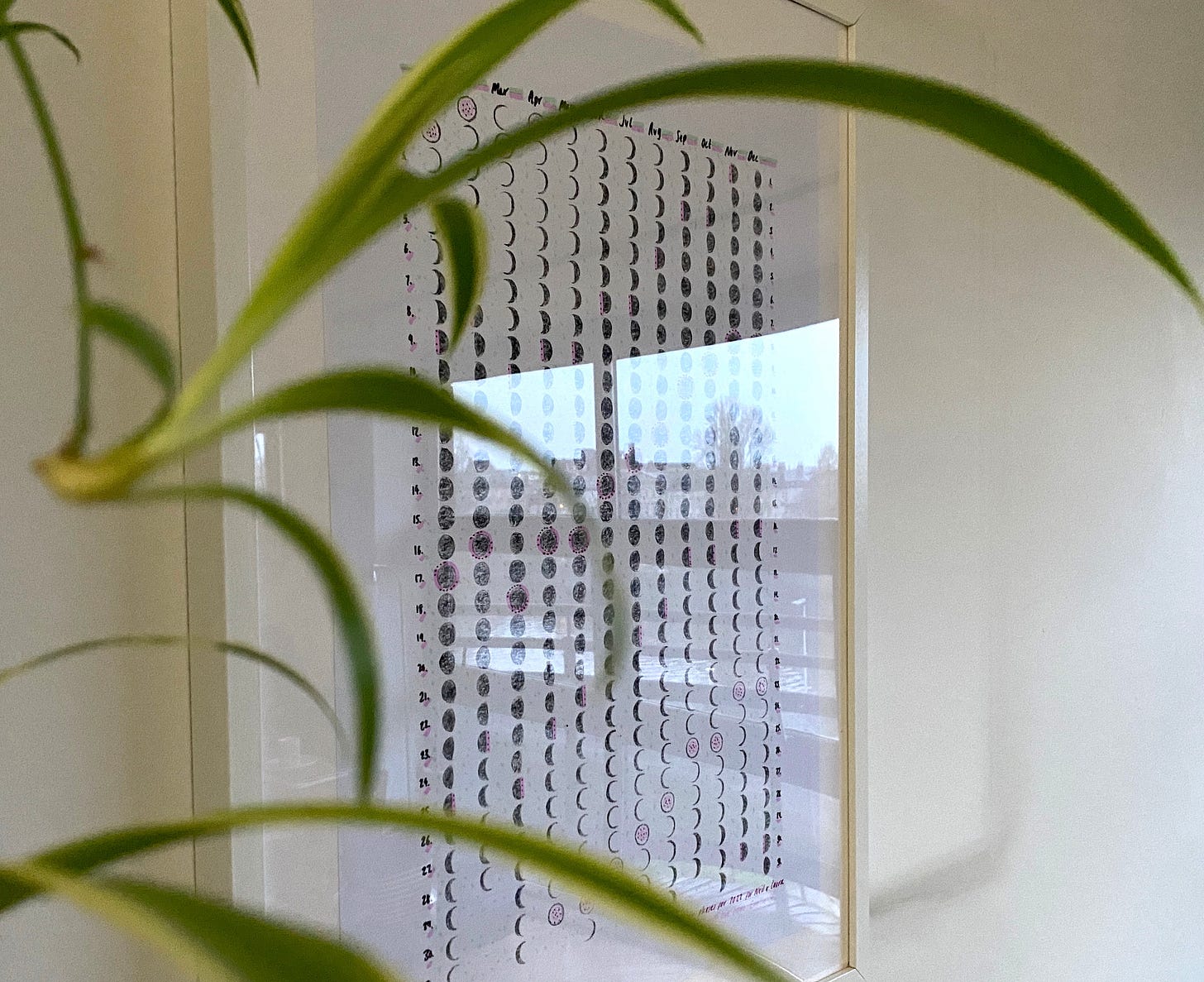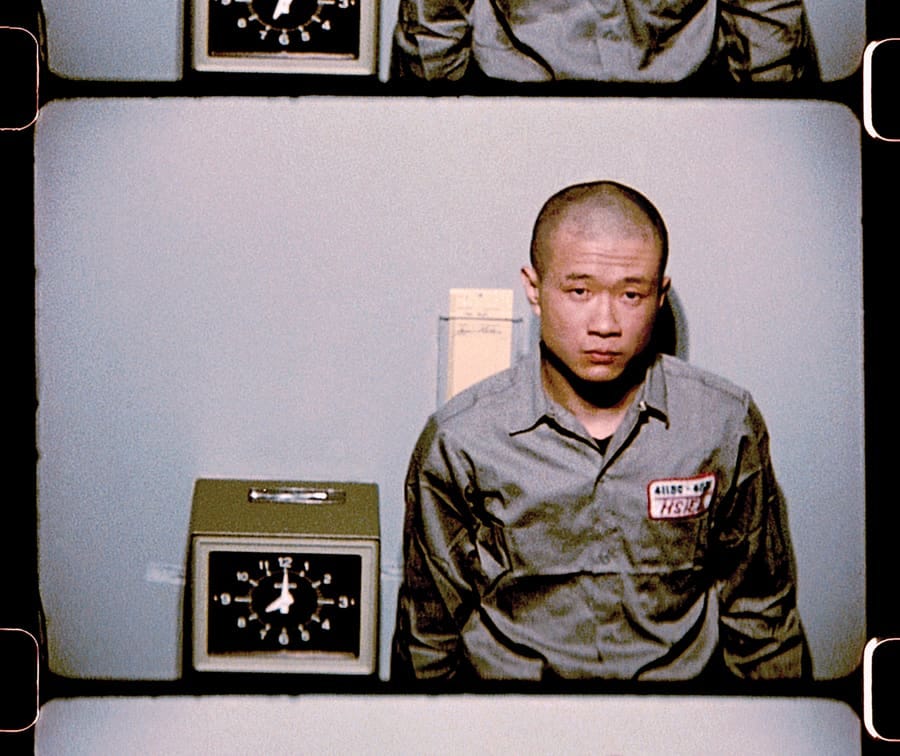Writing brings clarity to your thoughts: you can’t help but see where your argument falls short when you need to construct a convincing narrative. Every morning I write about whatever I’ve been thinking about in the previous 24 hours. These writings are generally archived in a private journal, never to be seen again.
This year, I want to get extra clarity by publishing these writings. The idea is that by having ‘skin in the game’, by exposing your thoughts to the world, you are forced to ask: is it actually true?
In order to provide some incentive to follow through, I have committed to publishing a letter to the world, once a week, for 2022. There is the discipline in a weekly deadline combined with time and space in which to complete it.
I hope you'll subscribe—it's free—to see what happens.
This is perhaps the worst time of the year to write about year-long projects. Most people who embark on such things do so on the 1st January and it's now the 8th. The resolution ship has sailed. Fortunately, there will be another new year as long as the earth keeps circling the sun. And it's not like there aren't other opportunities (a birthday, an equinox) where you can start something new.
Why even bother thinking about year-long projects? If something is worth doing, surely it is worth doing forever. If something is a total experiment, then a veganuary-style month is more than long enough to see if you want to carry on doing it.
Lifelong projects have a certain arrogance: the idea that one decision made by your present-day self can lord it over all future selves in their unknowable future situations and compel them to perform some task is very presumptuous. One refreshing thing about the pandemic is how it has forced people to reassess some of their arbitrary bucket list items they believe constitute a life well-lived. Think of all those digital nomads who suddenly became isolated loners without family or friends.
Compared to a month-long experiment (Dry January, NaNoWriMo, Movember), a year-long project has real substance. A year will almost certainly be disrupted by illness, trips, guests, and a full range of moods. It is an achievement and you only get a limited amount opportunities to do such projects. You need to choose the right project and have a lot of discipline to maintain it until the end.
But it does end. And when it does you can write about what it meant and live off the kudos.
Here are a few of my favourite year-long projects:
Tehching Hsieh
Tehching Hsieh is a Taiwanese performance artist, whose four year-long experiments display unparalleled levels of dedication to his art. His first piece was to live in a cage for a year without talking, reading, or watching television. Later he lived outside on the freezing streets for a year. Later still he was tied to fellow performance artist, Linda Montano, by a 8 foot rope for a year. Then he abandoned art to start a coffee-shop in Brooklyn. Check out the book Out of Now for more on him.
Paul Miller
I think about this one a lot — a year-long experiment that was deemed a failure. Tech journalist, Paul Miller, gave up the internet for a year after becoming burnt out rewriting press releases. He thought he would recover his attention and sense of wonder, but ended up depressed and lonely. Maybe he should have got a cabin in the woods.
James Aspey
Vegan activist, James Aspey, took a vow of silence for a year in order to empathise with the silence of animals. Here he is speaking for the first time on a daytime TV show. It is a great idea, but it would have been good to see him trying to order food in a cafe or having a sign language argument with someone.
A.J. Jacobs' The Year of Living Biblically
AJ Jacobs' attempt to follow all the weird injunctions in the Bible was originally a book and is now a TV series. I haven't watched or read anything beyond an article a few years ago, but the concept is strong enough that you can wonder about how it might work without actually engaging with how it actually did work.
Ellie Harrison
Artist and activist, Ellie Harrison, is best known for The Glasgow Effect, a controversial year-long project during which she refused to travel beyond Glasgow’s city limits. But she has undertaken many other year-long challenges in the past. I was fortunate enough to get Ellie to discuss these projects on the podcast that accompanies this Substack.
What makes a successful year-long project?
1. Your project is unambiguous
You need clear parameters, so you know exactly what constitutes success. You can't have things like, 'I won't drink alcohol except on special occasions.' It's too vague. As Samuel Johnson said, when offered wine: 'Abstinence is as easy to me as temperance would be difficult.' The clearer the rule, the easier it is to follow.
2. You trust your intuition
Your sense of what is good has to come from your own intuition. The minute you outsource judgment to other people or, worse still, rely on likes and comments as a way of deciding what is good, you mangle your instincts.
3. You know that not everything will be good
It really helps if you are open to the idea that some days you'll produce something shit. Coming to terms with the idea that failure is feedback and an opportunity to learn is necessary if you are going to ride the waves of inspiration.
4. You follow through
You might come to realise that you've made completely the wrong decision to do the project. Nevertheless, it could still be the right decision to push on through no matter what. It gives you a sense of wellbeing to take a plan that you've made and then to follow through, wellbeing that comes from being able to trust your plans.
5. The project is sustainable
For the past 640-odd days I have been posting a daily photo on my daily photoblog. This is less a project about taking photos and more about going on a daily walk and keeping my eyes open. Occasionally, I don’t manage to get out and have post a photo from a few days earlier. Year-long projects have to be able to adapt to the fact that you might have to go to hospital, visit a relative, or have some other kind of emergency.
Let me know in the comments of any other interesting year-long projects you have heard about or intend to do yourself.






That end-of-experiement article by the Verge reporter makes for very curious and sobering reading. Just imagine how different a piece it would have been, if the experiment was for one month and not one year...!